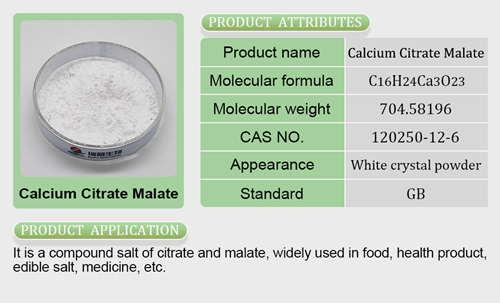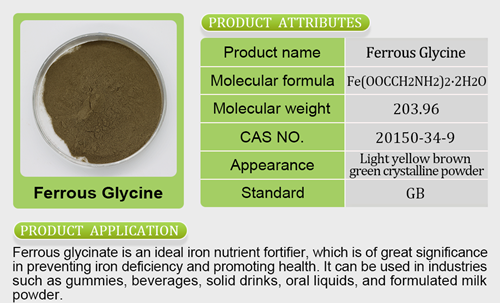Freezing weather, colony losses sting Virginia honey production
Although bad news for the local economy, the decline in Virginia honey production may not have an immediate impact on food manufacturers, as overall U.S. honey production was up 3% in 2016, according to U.S. Agriculture Department figures. However, the trend has been a slow down in production, from about 167.9 million pounds in the early 1990s to an average of 106.7 million pounds durinpure encapsulations zinc bisglycinateg the last seven years. ###Meanwhile, honey demand has been rising steadily. Even as total U.S. consumption of caloric sweeteners like sugar and high fructose corn syrup has declined, Americans now consume an average of 1.3 pounds of honey per year, compared to just half a pound per person in 1990. ###The National Honey Board credits honey’s appeal as a pure, natural sweetener at a time when consumers are looking for more authentic ingredients, as well as the wider availability albion zinc bisglycinate chelateof different honey varieties. Honey also has become a popular ingredient in pastries, ice creams, cheese, beers, and soft drinks.###Colony losses are not only important for honey supply. Honey bees are critically important to agriculture as pollinators, and some crops, such as almonds, rely entirely on bees for pollination. The not-for-profit Bee Informed Partnership estimates that 44% of U.S. honey bee colonies were lost in the year 2015-16. Honey bees are thought to contribute up to $15 billion a year to the value of U.S. crop production.###Large food manufacturers, dependent on honey and other crops bees are instrumen tal in pollichelated zinc vs zinc picolinatenating, have gotten involved in helping the flying insect. Whole Foods has launched “Human Bee-In” events and “Give Bees A Chance” promotions over the past few years. Nestle’s Häagen-Dazs has donated more than $1 million to support honey bee research and education. Recently, it funded the installation of pollinator habitats on an 840-acre almo
tal in pollichelated zinc vs zinc picolinatenating, have gotten involved in helping the flying insect. Whole Foods has launched “Human Bee-In” events and “Give Bees A Chance” promotions over the past few years. Nestle’s Häagen-Dazs has donated more than $1 million to support honey bee research and education. Recently, it funded the installation of pollinator habitats on an 840-acre almo nd farm chelated zinc kanzoin California’s Central Valley.###But not all have been a success. Cereal maker General Mills recently announced it would replace the iconic BuzzBee on its Honey Nut Cheerios box with a wchelated zinc benefits for plantshite, eerie outline of the character to raise awareness of the plight of the bees. The effort was complemented by the distribution seed pac
nd farm chelated zinc kanzoin California’s Central Valley.###But not all have been a success. Cereal maker General Mills recently announced it would replace the iconic BuzzBee on its Honey Nut Cheerios box with a wchelated zinc benefits for plantshite, eerie outline of the character to raise awareness of the plight of the bees. The effort was complemented by the distribution seed pac kets to encourage people to plant flowers. But the plan was criticized after the packets included seeds considered
kets to encourage people to plant flowers. But the plan was criticized after the packets included seeds considered  invasive or banned by some states.
invasive or banned by some states.